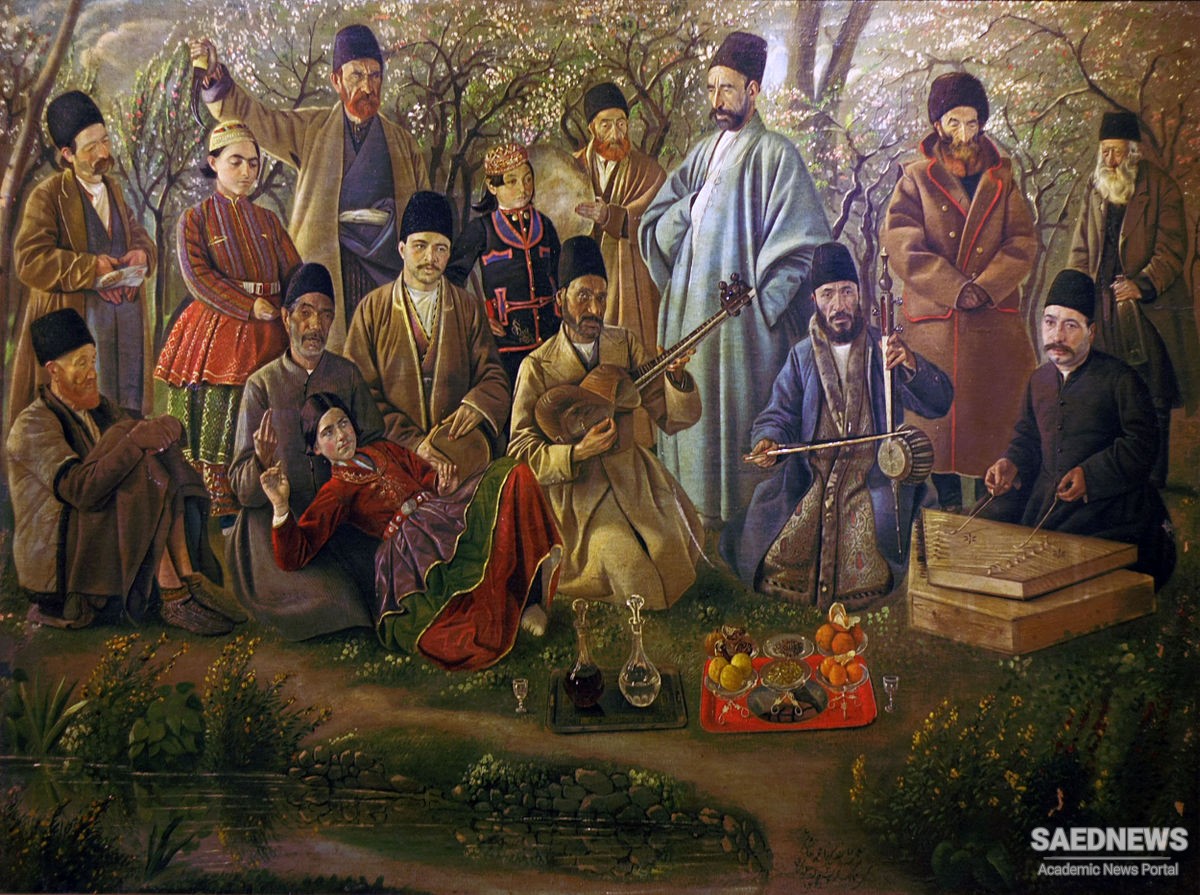Thus, the Islamic prohibition against music eliminated for Persian music what was the most important stimulus to music in the West—the patronage of the church. In the face of opposition from religious leaders, Persian art music was driven underground and kept alive only in the privacy of the royal court or the nobleman's home, out of public view. Even though the effectiveness of the prohibition varied from century to century depending on the relative power of the king and the clergy, the social pressures against the performance of music resulting from this attitude did serve to keep Persian music from extensive technical development over a period of many centuries.
The character of Persian music was also decisively affected by another series of conquests, those of the Turks and the Mongols in the eleventh through the fifteenth centuries. These years are still remembered for the cruelty of the Mongol rulers and the large-scale destruction they wrought in Persia. During this period of turbulence and horror, the Persians, responding through mysticism, wrote much of their greatest poetry. From this time onward, most musicians were members of Sufi orders. Through them Persian mysticism exerted a considerable influence on Persian music, and it is quite likely that the serious character and devotional quality of the music reflect its development by Sufi musicians. Furthermore, mystic poetry still provides the texts for all serious art music.
A major concern in this study of contemporary Persian music is recent Persian history. Here the most important factor, one that continues the pattern of Persian history, is yet another invasion, the cultural invasion of the West. With its predominant quality of secularism, this more peaceful invasion is again changing the Persian attitude toward music, just as the influence of Western music is rapidly changing the music itself. The history of Persian music was decisively shaped by all these invasions. Not only did foreign occupations influence the theory and practice of the music itself as well as the musical instruments, but they also did much to mold the character and the attitudes of the people who create this music. Because knowledge of a culture's attitudes toward its music is crucial to an understanding of the music itself, the history of Persian music will be preceded by a short review of Persian history.


 Tragic Element of Persian Classic Music: Why Sadness Prevails?
Tragic Element of Persian Classic Music: Why Sadness Prevails?














































